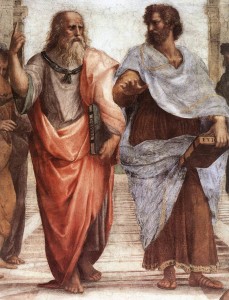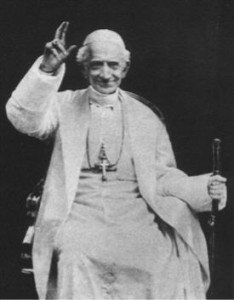“We begin from faith, not reason. ‘Credo ut intelligam.’ But how does one argue faith?”
A friend recently asked me this question on a Facebook thread. The thread was about the degenerating relationship between the sexes, though the problem is clearly a more general one. That problem is one inherent in human nature and one that the institution of culture address: how do we resolve disagreements? I suspect that most of us, without reflecting on the problem, assume that we reason toward agreement. This would be terrific were it so; but this requires that we share premises and that we are skilled at drawing logical inferences from premises and applying them to particular cases. In other words, it requires that we be virtuous, using charity with our fellows and cultivating prudence.

